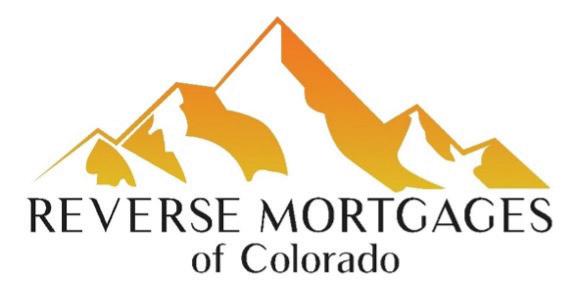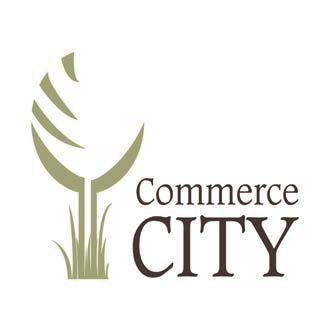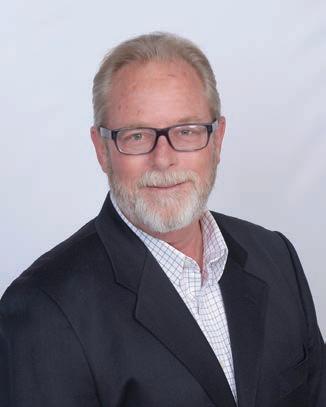
3 minute read
Commerce City considering virtual meeting policy


hearing agenda soon.
“If that’s okay, we’ll put this on a regular meeting to some point soon,” Hader said. “I’ll work with the clerk’s o ce get this on the agenda.”
BY SCOTT TAYLOR STAYLOR@COLORADOCOMMUNITYMEDIA.COM
Nearly three years after allowing city council meetings via virtual methods, Commerce City is poised to make the practice permanent.
Interim City Attorney Matt Hader briefed councilors on what rules they’d need to adopt to make virtual meetings, with both City Councilors and residents able to appear in person or virtually via an online networking service like Zoom, a permanent part of the city government. Commerce City has been hosting virtual meetings via networking applications since the COVID pandemic started in 2020.
“As you know, our code requires our meetings to be in person,” Hader said. “But the trend around the country, especially during this past year, has been to establish permanent policies and make changes to codes and resolutions to allow electronic meetings to continue in the absence of a public health emergency.”
Councilors had no comments on the issue and Hader said he expects it will be on the council’s public e rst step would be the changes to the city’s policies regarding electronic meetings. e proposed policy would allow any councilor, board member, city sta er as well as applicants and contractors to attend meetings electronically. It would count towards City Council quorums but allows the mayor or meeting chair to act if virtual attendee causes interference in the meeting - for example having a connection that is especially noisy or keeps disconnecting. In the case that a City Councilor attending virtually drops or is forced o of the meeting feed, the remaining councilors can choose to continue as long as there are enough of them present to constitute a quorum. e proposed policy also allows virtual closed door executive sessions via electronic networking but requires all other meetings to be recorded.
Councilors need to amend their meeting policies, adopt an ordinance to allow for electronic meetings and adopt a resolution allowing public hearing to be hosted virtually.
“It basically sets forth the policy ythat in many ways mirrors what we have been doing over the last two and a-half years,” Hader said. “It allows everybody to participate electronically. at includes councilors, board members, the city manager, the clerk, city attorney, city sta , applicants and consultants.” e proposed ordinance changes the city code to allow the meetings, Hader said, allowing all meetings to be conducted electronically.

“And then have a third document to consider, a resolution for conducting public hearings,” Hader said. “One issue we’ve had is with quasijudicial hearings where you are asked to decide facts and apply the law or see if someone has meet legal requirements. One of the things you do when you are assessing a witness is consider their demeanor and making a decision about their credibility and truthfulness. at’s always di cult to do in electronic media when somebody is appearing via video.”
Hader said it’s up to councilors to decide if the bene ts of convenience and access outweigh that ability.
“We have had a long-term policy where people appearing electronically in a quasi-judicial manner have had to sign a waiver, waiving any kinds of challenge because the meeting was conducted electronically. is policy incorporates that and keeps it going.”
Standards of conduct
In other business, Hader also briefed councilors on the standards code of conduct.
“ is is in regard to handling complaints, mediations and investigations really of yourselves and each other,” Hader said. “ is is focused on holding yourselves accountable. You are your brother’s keeper, so to speak.” e policy makes councilors liable for penalties if they break the code. Penalties could include being removed from o ce, made ineligible for future o ce or city employment or civil or criminal penalties.
Hader presented a list of 18 standards that could lead to penalties, including misusing con dential information - either for personal gain or disclosing it - violating the city charter, acting on and failing to disclose a con ict of interest, acting in a way that’s unbecoming to a city o cial, using city resources for personal gain, interfering with city business, demanding political contributions, nepotism and accepting gifts worth more than $53 if they are meant to in uence a decision.
FROM PAGE 1 RETHINKING ndings were short-term impacts, said Frank James Perrone, one of the study’s authors.








